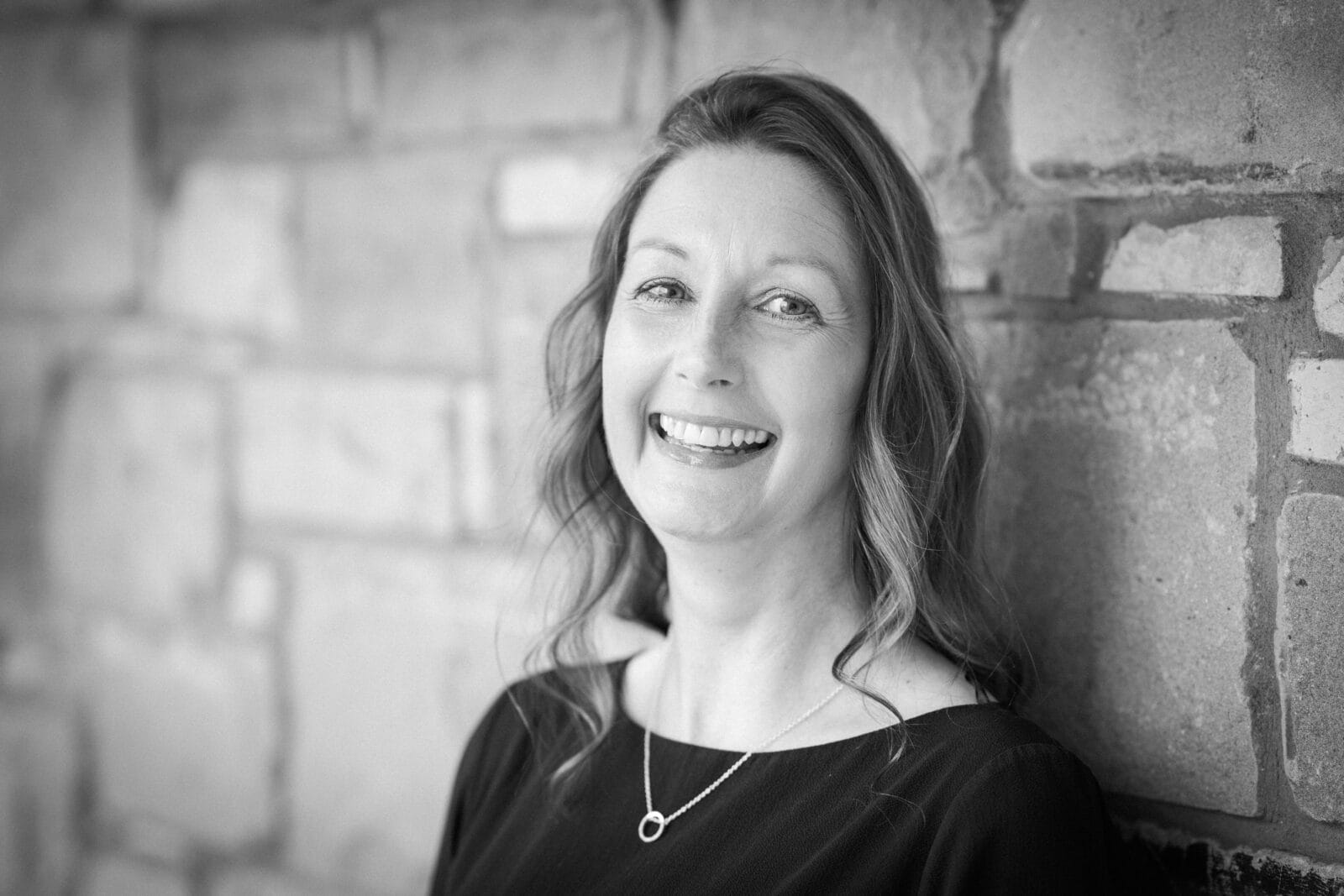While financial advisers will know there’s a world of difference between investing and gambling, clients often don’t. In her latest blog for IFA Magazine, Katie Brinsden (pictured), Managing Director of national, directly-authorised IFA, Truly Independent, reflects on how a day at the races offers some surprisingly useful insights into the real value of advice and the dangers of letting luck lead the way.
What is the difference between gambling and investing? More pertinently, is there any difference at all?
When financial advice meets furlongs
This question came to mind during a recent visit to Haydock Park, where Truly Independent marked its 15th anniversary with a day at the races. Naturally, we had a little flutter and incurred our fair share of losses and gains.
Eavesdropping on more seasoned punters revealed remarkable levels of self-assurance among those placing bets. One attendee was even sufficiently confident to urge his friend to wager everything on a particular pick.
Alas, his guidance turned out to be less than brilliant. The supposed sure-fire winner promptly lost. A financial adviser guilty of such a disastrous recommendation might reasonably expect a bit of trouble, to put it mildly.
Gambling and investing: both uncertain, but not the same
A defining characteristic of gambling, of course, is the absence of foregone conclusions. From the racetrack to the roulette wheel, there are no guarantees. Countless variables muddy the waters.
Realistically, much the same challenge applies to investing. No stock, industry, sector, region, asset class or portfolio outperforms in perpetuity. Everyone experiences setbacks and tough times.
The adviser’s job: reducing the guesswork
A key task for advisers, then, is to help clients render their investment journeys as dissimilar to gambling as possible. There will always be an element of uncertainty, but this should be minimised.
How might this be done? Logically, if we think of gambling as decisions based on little or no meaningful insight, we can think of investing as decisions based on as much information as we can muster.
From coin tosses to stock picks
Consider, for example, a coin toss. There is a wealth of research exploring the statistical probabilities involved, but the bottom line is that no-one can genuinely know whether heads or tails will come up. It is the stuff of pure chance.
A horse race introduces many more dynamics. A savvy gambler might study form and reckon the odds accordingly, but all kinds of strange and unanticipated occurrences could still affect the outcome. Even an overwhelming favourite can fall, throw its rider, have a bad day and so on.
As an adviser, you might feel an investment arena such as high-frequency trading has more than a few echoes of a coin toss. You might also feel selecting individual assets is not entirely removed from betting on a horse race.
Why time horizon beats hot tips
This suggests the information that could be most useful to investors may not relate to the likelihood of short-term events or the prospects of specific holdings. Rather, it is likely to relate to the longer term and the bigger picture.
This is where advisers truly add value. Arguably the most important piece of wisdom we can impart to clients is the need to treat investing as a life-long journey in which patience should triumph over luck.
Helping clients avoid bad decisions
Perhaps the most crucial point is this: we have a duty to prevent clients from making bad decisions. Such choices routinely stem from an unhealthy focus on the immediate future and an unwise fixation on “the next big thing”.
At best, bad decisions might negatively impact efforts to accumulate and preserve wealth. At worst, they might ruin lives.
The rise of unqualified ‘finfluencers’
Alarmingly, the potential sources of what passes for financial advice are more numerous today than they have ever been. The long-established cast of family members, friends, casual acquaintances and complete strangers has been swelled by YouTubers, TikTokers and other “finfluencers”.
Some of these self-proclaimed experts – even those with the best intentions – are woefully unqualified to share their purported knowledge. They are often akin to gamblers who mistake getting lucky for attaining omniscience.
Filling the information void
Many are unlikely to explain the benefits of sensible diversification. Many are unlikely to discuss why investors should remain calm in the face of the ups and downs that inevitably punctuate an investment journey. Many are unlikely to highlight the significance of minor victories, milestones and incremental gains.
This is the information void that advisers must fill. This is how we can really highlight what sets investing apart from gambling. This is what it takes to bring at least a measure of certainty to an uncertain world.
We’re not bookies – and that’s a good thing
Ultimately, we are not race-goers milling around a concourse, idly flitting from one bookie to another. Our job is not to encourage clients to take unnecessary risks, because we do not and cannot know what lies ahead.
The truth is that we are not visionaries. Our powers of prediction are no better than those of the average punter who is convinced a rank outsider will somehow romp home in the 14.25 at Haydock.
Play the long game, and everyone wins
Our strength instead lies in understanding the nature of successfully investing over the course of many years and decades. If we get that message across – and if clients absorb it – everyone ought to be a winner in the long run.
Katie Brinsden is Managing Director of Truly Independent.















